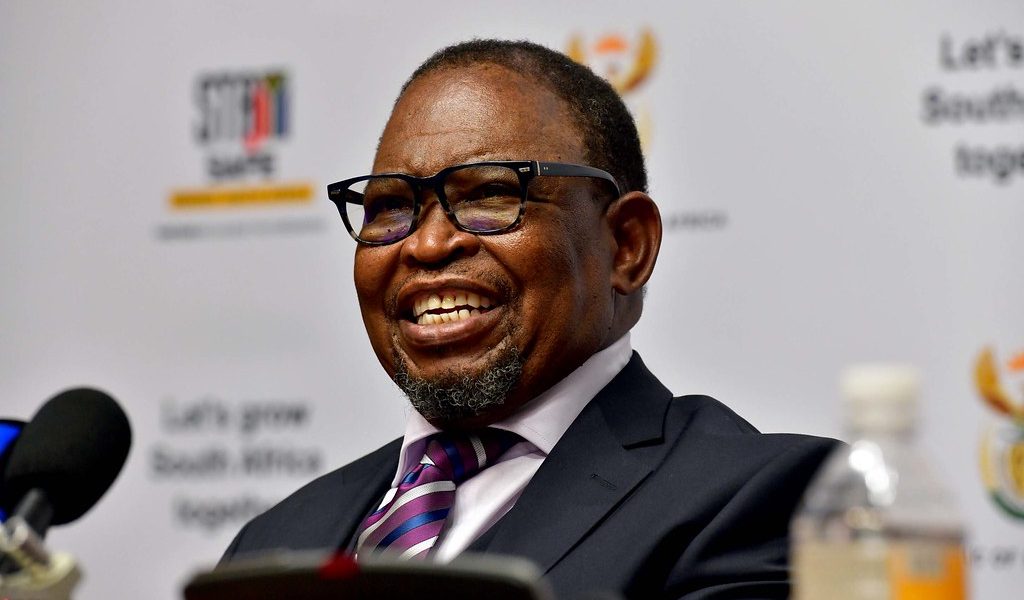The latest amendments by the National Treasury to the State Procurement Bill are the perfect recipe for accelerated state failure. It aims to compel all municipalities, provinces, and state entities – regardless of political party or ‘independence’ – to award tenders according to the same failed national government policies.
The proposals create explicit obligations for all state entities to use preferential state procurement rather than normal state procurement – and moreover, of a very specific kind. Until now, municipalities could apply their own procurement policies – they were not obligated to opt for the preferred procurement choice of the national government. Similarly, provinces and other state entities could essentially conduct normal procurement, although this option has been less frequently exercised in recent years.
Hence, the new proposals are a toxic reinforcement of precisely the state control that lies at the heart of the country’s crisis, which thus far has only resulted in state failure, self-enrichment, and public impoverishment. The public and the business sector’s patience with this kind of waste and self-enrichment is at an all-time low. Businesses that can offer the best value for money increasingly avoid doing business with the state due to the excessive political complications, ethical problems, and grounds for disputes and judicial review it brings.
Article 217(1) of the Constitution stipulates that state entities must apply normal, cost-effective procurement. Sometimes, under article 217(2), state entities may also choose to conduct preferential procurement, but within a framework that Parliament may prescribe under article 217(3) and still subject to cost-effectiveness. The new proposals attempt to deprive state entities of their choice between preferential procurement and normal procurement. Furthermore, the preferential procurement it seeks to enforce is anything but a framework – it even specifically provides that tenders must be accepted, costing up to three times – and more – the price of normal procurement.
The specificity of this new preferential procurement is evident from the list of preferred criteria that are now prescribed. This includes race and BEE – which remain paramount for the government – as well as gender, military veteran status, place of residence, business size, and more. While the criteria do not explicitly state political connections as a requirement, it will not change the practice.
The preferred criteria must then be applied in five ways: reservation of tenders for preferred groups, pre-disqualification, a prescribed point system, mandatory subcontracting, and mandatory thresholds for local manufacturing regardless of how cost-effective sourcing elsewhere may be.
The latest amendments seem particularly aimed at being a counterpoint to Sakeliga’s constitutional court order on procurement last year, as well as Sakeliga’s report on the difference between normal procurement and preferential procurement. The court case and the report have opened the door for state entities to again engage in procurement of the kind emphasised by the Zondo Commission: “Ultimately in the view of the Commission the primary national interest is best served when the government derives the maximum value-for-money in the procurement process and procurement officials should be so advised.”
In Sakeliga’s court case against Pravin Gordhan’s BEE-driven 2017 preferential procurement regulations, we proved that the Framework Act for Preferential Procurement Policy does not allow the minister, through regulations, to create a right to pre-disqualification. Click here for more on that.
In Sakeliga’s report on procurement, we highlighted the almost forgotten difference between normal state procurement and preferential state procurement and how normal state procurement can restore value for money. According to article 217 of the Constitution, state entities have a choice between the two. The importance of this choice is that municipalities, unwilling to follow ANC policy, as well as state entities like Eskom, struggling in crisis, can completely sidestep preferential procurement and may conduct normal value-for-money procurement to prevent collapse. Click here for more on that.
The Treasury’s latest proposals attempt to urge Parliament to now directly make preferential procurement mandatory and entrenched in law, thereby placing all state procurement under the control of the central government. However, it is not so straightforward. Sakeliga will subject not only the flaws in the public participation process followed thus far but also the content of key proposed provisions to careful legal scrutiny.
For Sakeliga’s initial commentary on the State Procurement Bill in September 2023, before the new proposals, click here.

